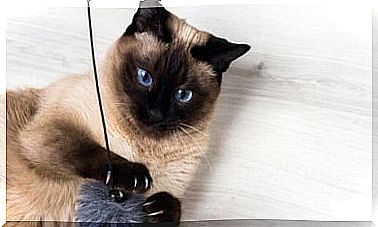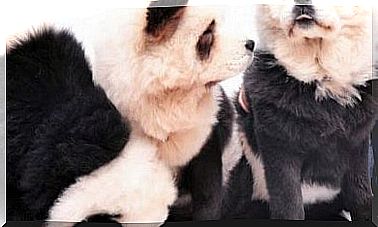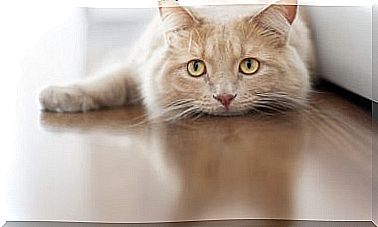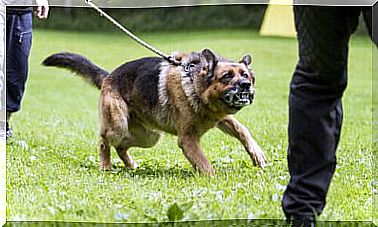What Do Your Cat’s Teeth Say?
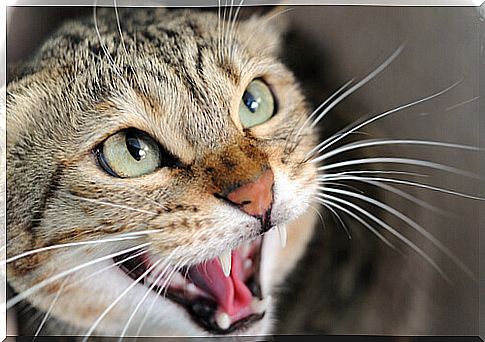
Cats were, and traditionally still are, hunting animals. Cats’ teeth are an important part of their health and it is necessary to know the diseases that can affect them. Now My Pets will indicate some diseases that can affect your cat’s teeth.
Cats are born with temporary teeth and after 4 months they change their teeth to permanent ones, which should last a lifetime. Therefore, it is important to take care of your cat’s teeth and detect the diseases that affect them.
What diseases can my cat’s mouth have?
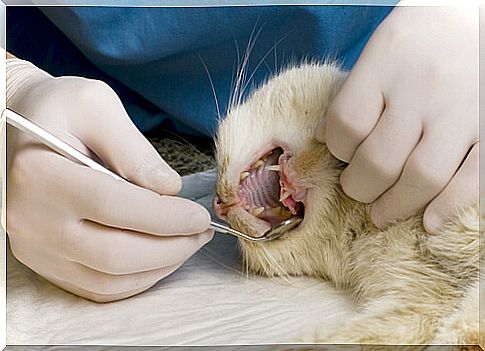
Leftover food accumulates on the cat’s teeth and bacteria are added to the saliva and its minerals, creating a bacterial plaque that is deposited on the teeth and converted to tartar.
Tartar is harmful because it can cause tooth loss and gum inflammation. To avoid accumulation, it is necessary to take the cat to the veterinarian and perform periodic cleaning of the dental arch.
Gingivitis
Gingivitis is inflammation of the gums caused by tartar buildup or bacterial infection. This inflammation produces acute pain and is treated with antibiotics, although in severe cases the gums need to be treated surgically.
tooth resorption
Tooth resorption is inflammation of the tissue around the tooth, causing damage and tooth decay.
This is a painful condition that affects many adult cats and presents with symptoms such as excessive salivation and lack of appetite.
tooth fracture
It consists of the breaking of the cat’s tooth. This is painful for the animal and if it does, you should take it to the vet quickly.
How can I prevent my cat’s dental disease?
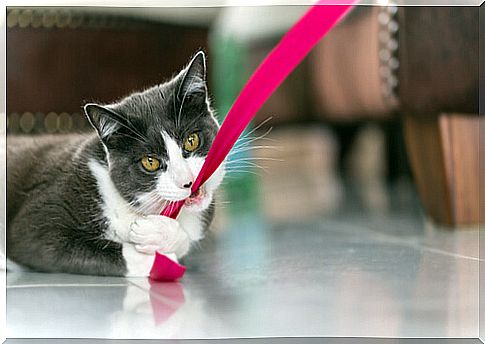
The best way to prevent diseases in your cat’s teeth is to provide an adequate, balanced and healthy diet, preferably with kibble, which helps with dental hygiene, because they clean the teeth when rubbing them and thus prevent leftovers from remaining. foods. This delays the onset of tartar.
Canned food, homemade food, and cat treats leave a lot of residue, so if your cat eats these things and doesn’t eat dry food, you should brush his teeth at least once a week with a cat-specific toothpaste.
In addition, you should periodically check his mouth and be aware of breath odor (which may be due to poor oral hygiene, tartar, gum inflammation or kidney, gastrointestinal, and respiratory problems) and excessive salivation (may indicate a tooth resorption, swallowing problems or even an infection of the salivary glands).
Also, you should go to the vet once a year, so always give your cat a thorough oral cleaning.
